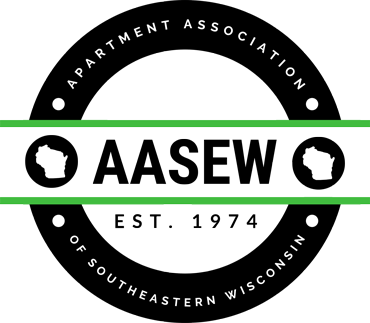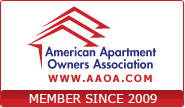Call us: (414) 276-2850
GUEST POST: Short-Term Rentals Are More Complex Than You Think. Are They Right for You?
Posted by Attorney Jennifer M. Hayden in Short-Term Rentals / Comments
This is a guest post by Atty. Jennifer M. Hayden of Petrie + Pettit S.C.
With the rise of short-term rental (STR) sites like Airbnb, Homeaway, and VRBO, you may be wondering if turning your home or rental property into a short-term rental is the way to go. There are many benefits to short-term rentals including an increased income stream and as a result, many are considering making the switch. However, before jumping on board the STR bandwagon, be aware that you will need to address issues such as licensing, local ordinances, taxes, insurance and more if you want to rent your property for the short-term.
Licensing
According to the Wisconsin Department of Agriculture, Trade and Consumer Protection (“DACTP”) if you are charging rent to a tourist or transient occupant for any amount of time then you are operating a tourist rooming house” and are required to purchase a license through the state. Wisconsin defines a “tourist or transient occupant” as a person who travels to a location away from his or her permanent address for a short period of time for vacation, pleasure, recreation, culture, business or employment.
Your local municipality (village, town, city or county) may also require you to be licensed through the municipality as well and may have different code requirements for properties engaged in commercial activity.
Local Ordinances
Cities, villages, towns and counties may impose additional regulations on your short-term rental such as limiting the total number of days that the property can be rented, prohibiting rentals for less than a certain number of days, requiring registration fees, imposing inspections or nuisance regulations, or limiting the number of occupants based on bedrooms.
Taxes
With limited exceptions, you will need a seller’s permit from the Wisconsin Department of Revenue if you are operating a short-term rental. You will need to collect and remit state sales and use taxes and, additionally, any applicable county sales tax, municipal room tax, local exposition tax, special district tax or premier resort area tax.
Insurance Coverage
Even if you are planning on renting your home out for only a single occasion, you should check with your insurance company in advance regarding coverage. Once you rent all or part of your home out, most insurance companies will consider this a business use and your general homeowner’s policy will likely deny coverage for any incident related to the business use. Without insurance coverage, liability may fall to you, personally.
Short-Term Lodging Marketplaces
If you want to market your short-term rental you will most likely use a short-term lodging marketplace. A lodging marketplace provides a platform through which an unaffiliated third party offers to rent your short-term rental to a person and collects the rent from that person. If you list your property for rent through a lodging marketplace that marketplace is required to register with the Department of Revenue for a license and is responsible for collecting state-imposed taxes.
Additional Requirements
You may be prohibited from renting your property on a short-term basis. Your Condominium Association Bylaws, Homeowner’s Association, Subdivision Covenants, Tenant’s Organization, or Lease may prohibit short-term rentals entirely or impose additional requirements.
While short-term rentals offer many benefits, there are many issues that must be addressed prior to listing your STR on Airbnb, Homeaway, or VRBO. If you would like to discuss whether short-term rentals are right for you, please give us a call.




